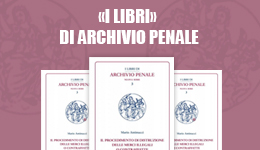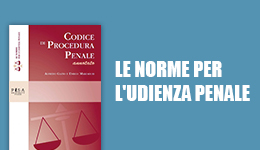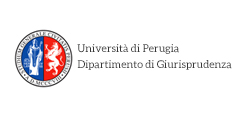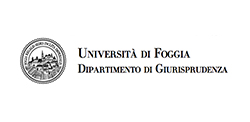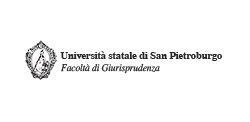L’acquisizione della messaggistica criptata conservata su server straniero tra classificazioni concettuali e divergenze giurisprudenziali
Archivio Penale
© dell'autore 2024
Ricevuto: 06 August 2024
| Accettato: 16 August 2024
| Pubblicato: 29 August 2024
L’intero articolo è disponibile
Sommario
L’implementazione spasmodica dei nuovi modelli digitali e la ventata di euforia che anima l’arrivo delle nuove tecnologie se, da un lato, offre molteplici opportunità di sviluppo specie in ambito investigativo, dall’altro genera varie problematiche legate all’agevolazione di alcune tipologie di reati. In tale prospettiva, particolare rilievo hanno assunto gli strumenti di messaggistica criptata, da ultimo la piattaforma Sky-ECC, oggi terreno fertile per la commissione di numerose attività illecite. Una risposta giudiziaria efficace a tale tipo di minacce richiede un’implementazione strumentale investigativa idonea a fronteggiare e, se possibile, arrestare detti fenomeni criminali.È importante, naturalmente, che l’attività d’indagine avvenga nel rispetto dei diritti fondamentali dell’individuo e che le prove raccolte siano valide e ammissibili, in linea con la disciplina processuale vigente. Il bilanciamento tra esigenze repressive e tutela delle libertà fondamentali appare necessario in una realtà in continuo divenire, nella quale la “staticità” dell’importanza dei valori e dei diritti fondamentali costituisce un’esigenza da preservare.
Muovendo dall’excursus giurisprudenziale, per certi versi oscillante, della suprema Corte in tema di acquisizione all’estero della messaggistica criptata Sky-ECC e archiviata su server straniero, il presente scritto si propone di approfondire una tematica tuttora controversa, per comprendere quale debba essere la normativa interna applicabile. Per arrivare, infine, al recente dictum delle Sezioni unite che si propone di porre un punto fermo sull’argomento.
The acquisition of encrypted messaging stored on a foreign server between conceptual classifications and jurisprudential divergences
The spasmodic implementation of new digital models and the wave of euphoria that animates the arrival of new technologies, on the one hand, offers multiple opportunities for development especially in the investigative field, on the other hand generates various problems related to the facilitation of certain types of crimes. In this perspective, encrypted messaging tools have assumed particular importance, most recently the Sky-ECC platform, today fertile ground for the commission of numerous illicit activities. An effective judicial response to this type of threat requires an instrumental investigative implementation suitable for dealing with and, if possible, stopping said criminal phenomena. It is important, of course, that the investigative activity takes place in compliance with the fundamental rights of the individual and that the evidence collected is valid and admissible, in line with the current procedural discipline. The balance between repressive needs and the protection of fundamental freedoms appears necessary in a constantly evolving reality, in which the “static” nature of the importance of values and fundamental rights constitutes a need to be preserved. Starting from the jurisprudential excursus, in some ways oscillating, of the Supreme Court about the acquisition abroad of Sky-ECC encrypted messaging and archived on a foreign server, this paper aims to delve into a still controversial topic, to understand what the applicable internal legislation should be. Finally, to arrive at the recent dictum of the United Sections that aims to put a full stop on the subject.
Percorso di valutazione
Peer reviewed. Certificazione della qualità


